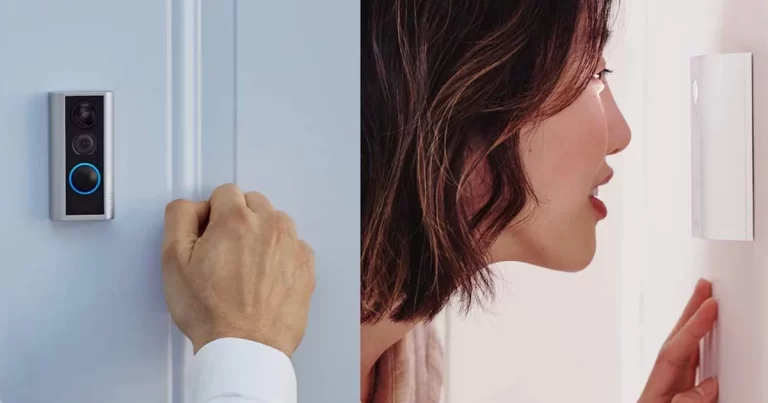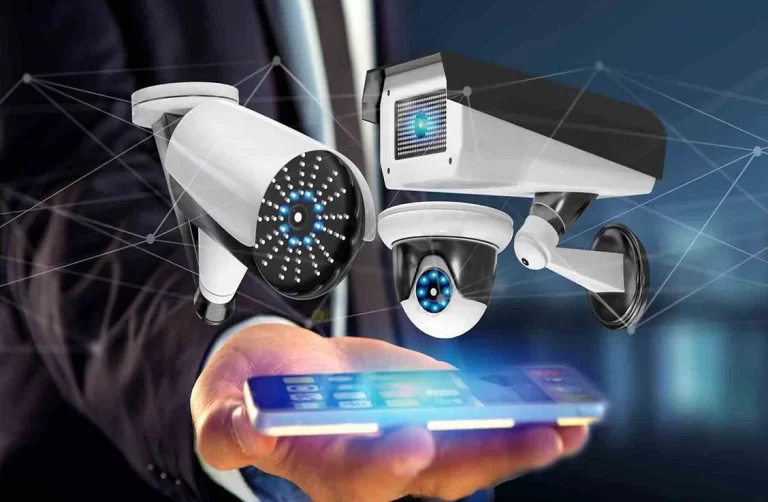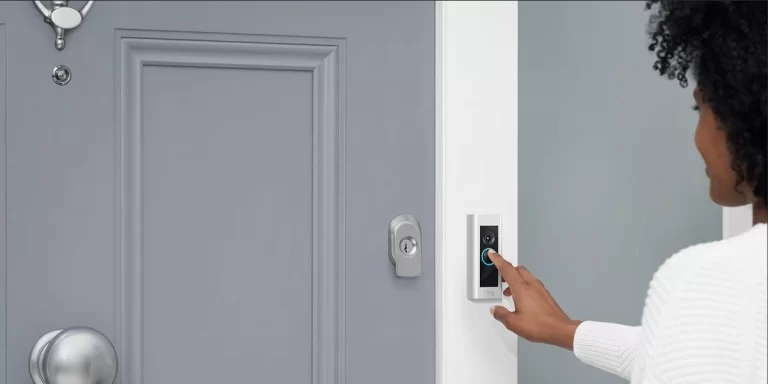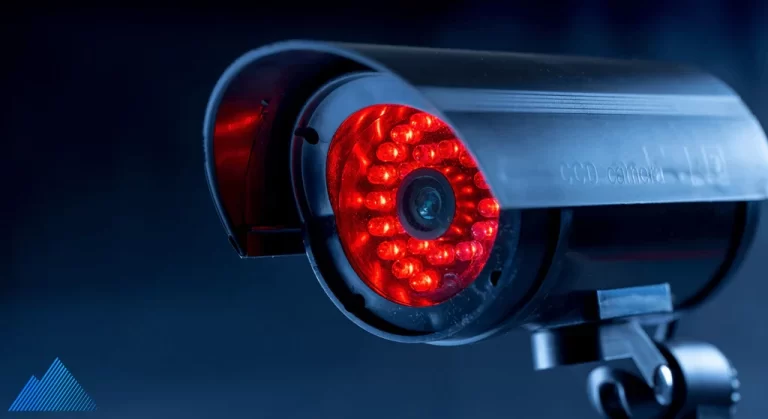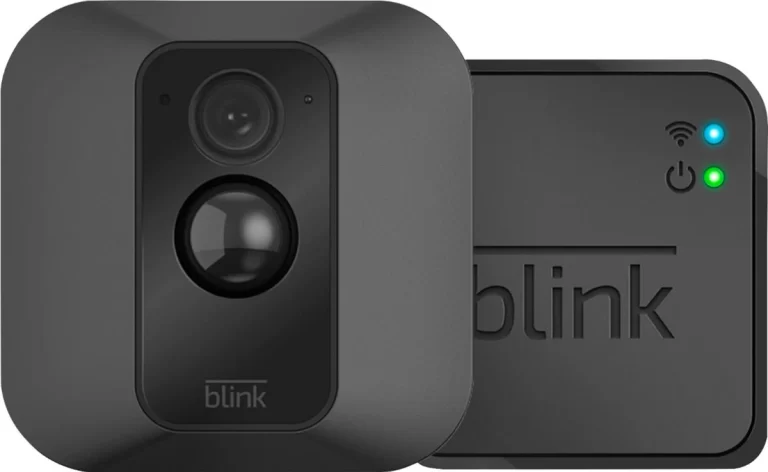What Are Door and Window Sensors?
What are door and window sensors? When it comes to ensuring the safety of your home and loved ones, investing in a reliable security system is crucial. One essential component of any comprehensive security setup is door and window sensors.
These devices serve as the first line of defense against potential intruders, alerting you to any unauthorized entry attempts.
In this article, we will explore the significance of door and window sensors, how they work, their benefits, and provide useful tips on choosing the right sensors for your specific requirements. So, let’s dive in!
What Are Door and Window Sensors?
Door and window sensors are small electronic devices designed to detect the opening and closing of doors and windows. They consist of two main components: a sensor and a magnet.
The sensor is typically installed on the door or window frame, while the magnet is placed on the moving part (door or window). When the door or window is closed, the magnet and sensor are in close proximity, creating a closed circuit.
However, when the door or window is opened, the magnet moves away from the sensor, breaking the circuit and triggering an alert.
These sensors are available in various types, including magnetic contact sensors, recessed sensors, and wireless sensors. Magnetic contact sensors are the most common and affordable option.
They are easy to install and suitable for most residential applications. Recessed sensors, on the other hand, are hidden within the door or window frame, offering a more discreet appearance.
Wireless sensors, as the name suggests, communicate with the security system wirelessly, eliminating the need for extensive wiring.
How Do Door and Window Sensors Work?
Door and window sensors operate based on a simple principle known as reed switch technology. The sensor component contains a reed switch, which consists of two metal contacts within a sealed glass tube.
When the magnet moves away from the sensor, the reed switch opens, interrupting the electrical circuit.
This change in the circuit’s status triggers an alert within the security system, which can be in the form of a loud alarm, a notification to your smartphone, or a signal to a monitoring center.
Benefits of Door and Window Sensors
Investing in door and window sensors offers numerous benefits that significantly contribute to the overall security of your home. Let’s explore some of the key advantages of using these sensors:
1. Enhanced Home Security
Door and window sensors act as a vital deterrent against potential intruders. By detecting any unauthorized entry attempts, they provide an immediate alert, allowing you to take appropriate action promptly.
The mere presence of these sensors can discourage burglars from targeting your property, as they serve as a visible symbol of a robust security system.
2. Peace of Mind
Knowing that your doors and windows are being monitored provides peace of mind, especially when you are away from home.
Whether you are at work, on vacation, or simply running errands, you can trust that your security system will keep you informed of any suspicious activity.
This peace of mind allows you to focus on other aspects of your daily life without constant worry about the security of your property.
3. Integration with Other Security Components
Door and window sensors seamlessly integrate with other security components, such as motion sensors, security cameras, and smart home automation systems.
This integration allows for a comprehensive security solution, where different components work together to provide maximum protection.
For example, when a door or window sensor detects a breach, it can trigger security cameras to start recording and send alerts to your smartphone.
4. Fire and Smoke Detection
Some advanced door and window sensors come with additional features, such as built-in smoke and fire detectors.
These sensors can detect smoke or sudden increases in temperature and trigger alarms, giving you early warning in case of a fire emergency.
This added layer of protection can potentially save lives and minimize property damage.
5. Easy Installation and Maintenance
Most door and window sensors are designed for easy installation, making them accessible to homeowners without professional assistance.
The wireless options eliminate the need for complex wiring, reducing installation time and effort. Additionally, these sensors typically have long battery lives and require minimal maintenance, ensuring hassle-free operation.
Choosing the Right Door and Window Sensors
Selecting the right door and window sensors is crucial for maximizing the effectiveness of your security system. Here are some key factors to consider when choosing these sensors:
1. Compatibility with Your Security System
Before purchasing door and window sensors, ensure compatibility with your existing security system. Different systems use different communication protocols, such as Wi-Fi, Z-Wave, or Zigbee.
Check the specifications of the sensors and ensure they are compatible with your security system’s communication protocol.
2. Sensor Type and Placement
Consider the type of sensor that best suits your needs. Magnetic contact sensors are suitable for most applications, but if you prefer a more discreet appearance, recessed sensors may be a better option.
Additionally, think about where you want to place the sensors. Determine the number of doors and windows you want to monitor and ensure you have enough sensors for each entry point.
3. Range and Connectivity
If you opt for wireless sensors, consider the range and connectivity capabilities. Ensure that the sensors can communicate reliably with the security system, even if they are placed at a distance from the central hub.
Check the specified range of the sensors and verify that it meets your requirements.
4. Quality and Reliability
Choose door and window sensors from reputable manufacturers known for their quality and reliability.
Read customer reviews and seek recommendations from trusted sources to ensure you invest in sensors that will perform optimally and withstand the test of time.
5. Additional Features
Consider any additional features that may be beneficial for your specific needs. For example, some sensors offer adjustable sensitivity settings, allowing you to customize the level of detection.
Others may have tamper-resistant features, which can alert you if someone attempts to tamper with the sensor.
6. Budget
Lastly, consider your budget when selecting door and window sensors. Determine how much you are willing to spend and look for options that offer the best value for your money.
Remember that investing in reliable sensors is a worthwhile investment in the long run.
Frequently Asked Questions (FAQs)
Here are some answers to frequently asked questions on door and window sensors:
1. Can I install door and window sensors myself?
Yes, most door and window sensors are designed for easy installation and can be installed by homeowners without professional assistance.
The process typically involves placing the sensor on the door or window frame and the magnet on the moving part.
However, if you are unsure or uncomfortable with the installation process, it is always recommended to consult the manufacturer’s instructions or seek professional help.
2. Do door and window sensors require ongoing maintenance?
Door and window sensors generally require minimal maintenance. However, it is essential to periodically check the batteries and replace them when needed.
Additionally, ensure that the sensors and magnets are clean and free from dust or debris, as this can affect their performance. Regularly inspect the sensors for any signs of damage or wear and replace them if necessary.
3. Can door and window sensor be used in rental properties?
Yes, door and window sensors can be used in rental properties. Since most sensors are wireless and require no extensive wiring, they can be easily installed and removed without causing any damage to the property.
However, it is advisable to consult with the property owner or management before making any modifications to ensure compliance with the rental agreement.
4. Are door and window sensor pet-friendly?
Yes, many door and window sensor are pet-friendly. These sensors are designed to differentiate between the weight and movement patterns of humans and small pets.
They can be adjusted to minimize false alarms triggered by pets.
When purchasing sensors, look for models specifically labeled as “pet-friendly” or consult with the manufacturer to ensure compatibility with your furry friends.
Conclusion
Door and window sensor play a crucial role in enhancing the security of your home. Their ability to detect unauthorized entry attempts and provide immediate alerts gives you peace of mind and acts as a deterrent against potential intruders.
By considering the type of sensor, compatibility with your security system, and additional features, you can choose the right sensors that meet your specific needs.
Remember to install the sensors correctly and perform periodic maintenance to ensure optimal performance.
With door and window sensor in place, you can take proactive measures to protect your home and loved ones, making your living space a safer and more secure environment.
READ ALSO!!!
